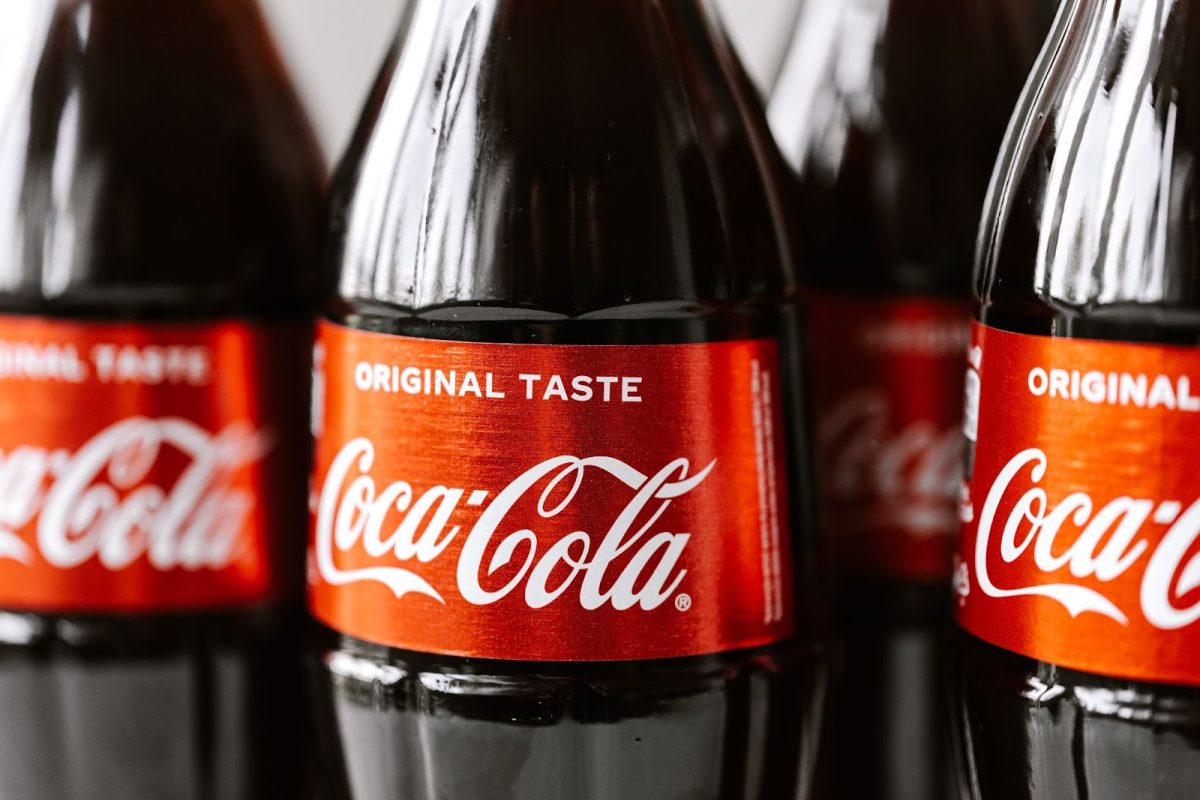Regardless of whether you’ve heard the term before, it’s likely that many of the foods or drinks you consume contain E numbers on the labels, which are codes used to help classify food additives.
These codes can be confusing if you’re seeing them for the first time, so today, we will explain all you need to know about E numbers in food, additives, and the various legislation that covers them.
What are E numbers?
E numbers, which stand for ‘Europe Numbers’, are used across countries in the European Union and the UK to classify food additives. The main legislation covering E numbers in the EU is Regulation (EC) No 1333/2008, which was retained in UK law following the UK’s exit from the European Union.
E numbers in the UK are grouped into the following categories, with the complete list of approved E numbers available for viewing on the FSA website:
E100-E180: Food Colourings
E200-E285, including E1105: Preservatives
E300-E392, including E586: Antioxidants
E400-E495, including E1103 and E322: Emulsifiers, stabilisers, thickeners and gelling agents
E950- E969, including E420 and E421: Sweeteners
There are various E numbers ranging from E260 to E1521 are classified as ‘others’, which covers many types of additives such as acidity regulators, bulking agents, flavour enhancers, and glazing agents, to name a few.
However, not every additive is safe to use, with potassium bromate being banned in Europe, due to suspicions that it may be a carcinogen. The FSA states that an additive is only given an E number if it has been proven to be safe for its intended use, its use isn’t misleading, and there is a justifiable need for its inclusion in a food or drink product. As a result, E numbering can be viewed as a quick way of telling if your government has deemed an additive safe for consumption.
Why do we use additives in food and drink?

Additives have a variety of uses in the foods and drinks we consume.
Using energy drinks as an example, preservatives such as sorbic acid are regularly used to prevent the growth of mould or yeast, an acidity regulator helps to control the acidity levels to maintain flavour, and a food colouring (such as anthocyanin) often gives these drinks their vibrant appearance.
Food colourings, in particular, are some of the most apparent additives to notice and are frequently seen in products marketed to children; sweets and drinks to make them more visually appealing and stand out among their competitors.
Even if an additive has been approved and given an E number, that doesn’t mean it’s completely safe, as research into various additives is ongoing, with new recommendations frequently being proposed.
In 2007, Southampton Researchers identified six additives, known as the ‘Southampton Six’, associated with hyperactivity in children. Tartrazine (E102), quinoline yellow (E104), sunset yellow (E110), carmoisine (E122), ponceau 4R (E124) and allura red (E129) aren’t banned in the UK. However, the FSA states that products containing these additives must warn of potential hyperactivity among children.
Similarly, Titanium Dioxide (E171) was banned as a food additive in the EU last year following concerns that it may be carcinogenic. California is looking to follow these measures introduced by the EU under proposed legislation known as Assembly Bill 418, which will ban the use of Titanium Dioxide, Erythrosine, Potassium Bromate, Brominated Vegetable Oil, and Propyl Paraben in foods.
This bill was introduced by Assembly Member Jesse Gabriel, with his webpage discussing the bill, citing reports linking these additives to harm to the reproductive system, increased risks of cancer, immune system issues, and the relationship as mentioned above, between Titanium Dioxide and Hyperactivity among children.
Whether the FSA will follow the decision to ban Titanium Dioxide in the future has yet to be seen. For consumers concerned with the potential dangers of Titanium Dioxide and any other additives that end up in a similar situation in the future, it’s important to look up the facts for yourself and come to your own conclusion. Food Businesses will want to periodically check the FSA’s approved additives list to make sure the additives present in their products have been approved in the UK to avoid any legal consequences.
Legislation Covering E numbers and Food Additives
As mentioned previously, Regulation (EC) No 1333/2008, which is currently retained in UK law, details general food labelling requirements for additives, including the need for the additive or its corresponding E number to be stated. The legislation also covers the requirements for the sale of food additives and their use in foods. It is enforced through The Food Additives, Flavourings, Enzymes and Extraction Solvents Regulations 2013 in the UK.
In the U.S., the Food Additives Amendment of 1958 requires additives to be approved for public use. Under this legislation, Most additives must be approved by the Food & Drug Administration. However, there are two exceptions: additives approved by the FDA or USDA before the 1958 amendment and foods used extensively and considered Generally Recognised As Safe (GRAS) by Qualified Experts.
Companies can decide if their new additives meet GRAS standards without requiring FDA approval, though it’s encouraged to inform the Department so they can determine if GRAS criteria are met. More information regarding GRAS and how it differs from standard FDA regulations can be found on their website.
We hope this guide has helped give a better understanding of what E numbers are and how additives are regulated in the UK and the U.S. Be sure to check out the FSA and FDA pages about E numbers and food additives for further information.
LiberEat - Allergen Error Detection Software
Food allergen rules and regulations continue to change and evolve. Food businesses in production, hospitality, catering, and retail must be vigilant when working with ingredients, products, and dishes containing allergens and exercise due diligence when providing ingredient and allergen information to consumers. Successful allergen management is a big part of Food Safety professionals creating a culture of care and excellence within their teams.
LiberEat offers a second line of defence for food businesses by detecting errors, allergens, and other harmful ingredients with our proprietary Allergen Detection Software. Food businesses can apply this technology directly to identify errors in allergen communications, preventing the risk of injury to consumers. Contact us today to learn more about how we can support your existing food safety processes.
LiberEat works closely with food businesses to ensure consumers are safe and healthy when consuming your produce.
To find out how LiberEat Technology supports food businesses to detect allergens and errors, to protect consumers
Sources
Replacing the Southampton 6 | Campden Bri
Approved additives and E numbers | Food Standards Agency
Food additives | Food Standards Agency
Commission Regulation (EU) 2022/63 | Official Journal of the European Union
How U.S. FDA’s GRAS Notification Program Works | U.S. Food & Drug Administration
Overview of Food Ingredients, Additives & Colors | U.S. Food & Drug Administration

